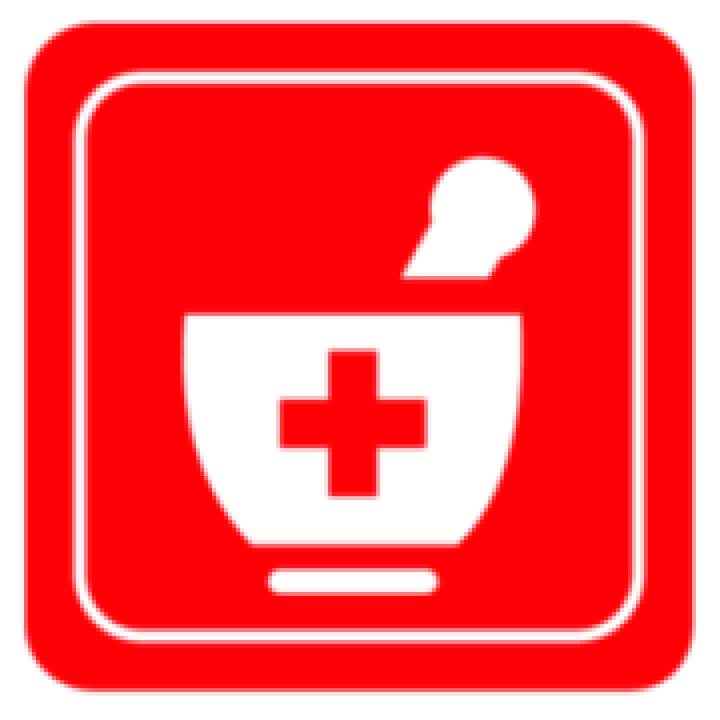The Role of The Pharmacist in Drug-Driving Prevention and Road Safety
When it comes to road safety in Ireland, up until now, education and policy has been up to the Road Safety Authority and enforcement by the Gardai and punishment handed out by the courts.
Today , a new internal report by the RSA , was released to RTE with the headline ” 30% of crash victims had taken prescription drugs“. The report, obtained by RTÉ News under the Freedom of Information Act, found that prescribed sedatives are almost as common as alcohol in road deaths.
The report examined 109 coroners’ reports from 2013 and found that while 31% of the people who died in road crashes that year had taken alcohol, 30% had taken prescription medication, and toxicology reports also revealed that 20% had taken illegal drugs.
There has been a lot of sensitisation exercises around Alcohol, for the last decade and a half, and this has reduced the road death tally on our roads, thankfully. In 2014/2015, provisions were made for the Gardai to be able to test drivers for drug driving. The provisions here have primarily focused on drugs which are currently illegal (Cocaine, Heroin and Cannabis and MDMA/Ecstasy), but the Law as written has stated that if at all there is any impairment , it does not matter if the drug is legal or illegal and also more drugs can be added to the list of those tested without the legislation being changed. This clause means that medicines could also be added to the list of drug driving offending substances.
The Law states “It will not be an offence for a driver to have the presence in his/her body of a prescribed drug taken licitly in accordance with a prescription and advice of a medical practitioner as long as they are not impaired but the taking of prescription drugs in accordance with the terms of the prescription will not be a defence under this legislation if the driver fails an impairment test administered ” For all other drugs, be they legal or illegal, the position will remain that presence plus impairment to the extent of being unable to control the vehicle, is an offence.
So what can we do now as pharmacists to help patients and educate them about this? I think the first thing will be for us to come up with a definition of “impairment” and how it relates to driving and educating our patients about how the law judges this. The Road side tests prior to saliva swabs to test for impairments are are as follows :
Test 1: Pupillary Examination – A Garda will ask a motorist to look straight ahead and keep their eyes open, and will measure the driver’s pupil for dilation.
Test 2: Romberg Tests – A Garda will ask the driver to do a short counting exercise with their eyes closed, which measures balance and an awareness of body positioning.
Test 3: Walk and Turn – A Garda will ask the driver to walk 9 steps along a straight line and turn without counting aloud. This measures both balance and ability to focus.
Test 4: One Leg Stand – A Garda will ask the driver to stand on one leg for approx 8 counts. This measures ability to balance.
Test 5: Finger to Nose – A Garda will ask the driver to touch his/her nose with both right and left index fingers with eyes closed. This measures ability to perform a basic motor task.
Self Testing at home using the above may be the future of staying on the right side of the law. This advice may be given to patients who are receiving medicines containing opiates and benzodiazepines. Also taking note of the occupation of the patient may be important, just the other day , I found out that a bus driver had been prescribed tramadol for back pain, yes it was 50-100mg qds prn to be used while driving! In the UK 8 medicines have been included in the list of medicines which have testing limits namely :
Clonazepam, 50µg/L
Diazepam, 550µg/L
Flunitrazepam, 300µg/L
Lorazepam, 100µg/L
Methadone, 500µg/L
Morphine, 80µg/L
Oxazepam, 300µg/L
Temazepam, 1,000µg/L
Based on this , it is now obvious that pharmacy sold medicines will now become ever more part of the road safety agenda and it may be up to us to inform patients for both legal and ethical reasons and there will be business opportunities for anyone interested in manufacturing tests which help detect these substances accurately , which can be used by patients.
